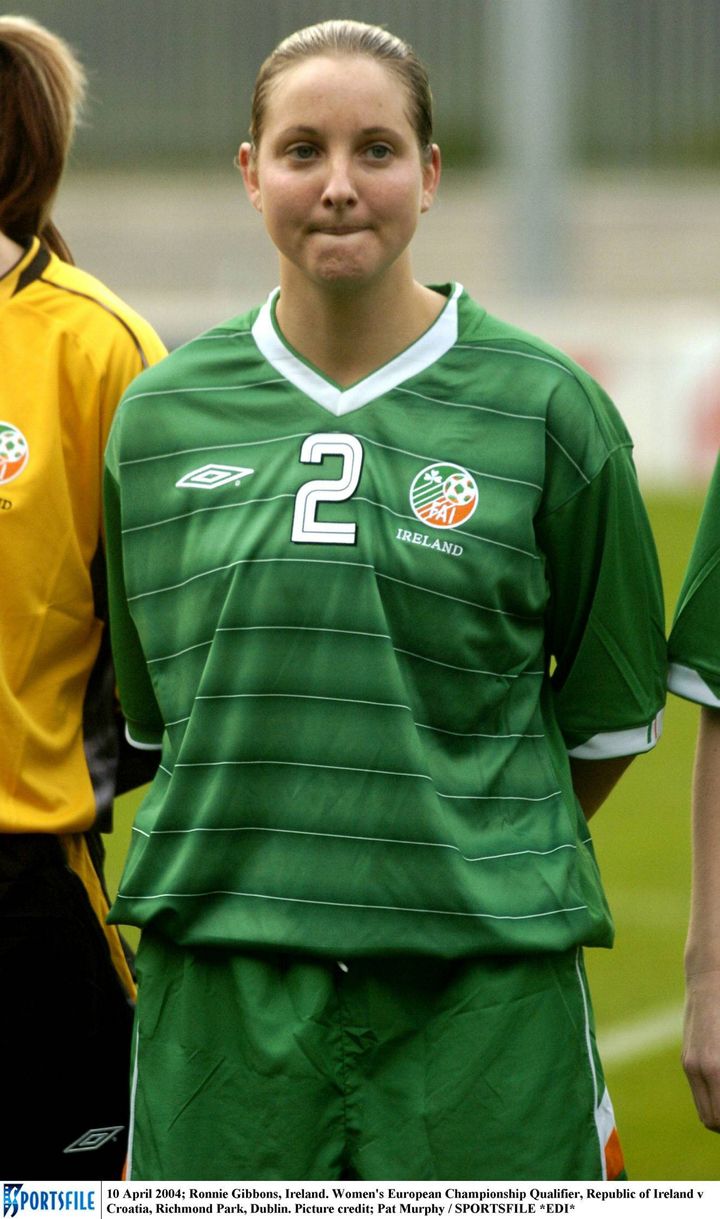
Ronnie Gibbons, who captained the club’s women’s team in the 2000-01 season, waived her right to anonymity earlier this month to say she had twice been sexually assaulted by Al Fayed in an office at the Harrods department store he owned in Knightsbridge.
The former Ireland international said she had drawn strength from the testimony of other women who had spoken to the BBC about the sexual abuse they were subjected to by Al Fayed, who owned Fulham between 1997 and 2013.
Speaking in a video message broadcast at a Justice For Harrods Survivors group media briefing on Thursday, Gibbons said: “I would have really have liked to have met some of the other amazingly brave ladies who are speaking up about Mohammed Al Fayed and his appalling behaviour.
“Seeing you speak helped me to have the courage to get in touch with the barristers.
“And as difficult as it’s been, it’s been very empowering and I know that by speaking out, we are making it harder for this kind of behaviour to be tolerated anywhere.
“I know we are making it easier for others to speak up. I wish I had the same support system when I went through what I did.
“I’m a parent now, and one of the main reasons I’m doing this is to make a better world for my child and future generations.”
Gibbons has previously said she felt she could not speak out about the abuse at the time for fear of jeopardising the careers of herself and her team-mates.
Dean Armstrong KC, part of the legal team working with the survivors group, said on Thursday: “Her sense of responsibility to her team-mates and the Fulham Ladies Club as a whole placed her in an impossible position.
“There were magazine shoots in ball gowns and tight football shorts, which were seemingly obligatory, and Ronnie was told that, at Al Fayed’s request, she was to wear her hair down.”
Al Fayed died last year aged 94.
Prior to Gibbons speaking out, former Fulham Ladies manager Gaute Haugenes said extra precautions had been put in place to “protect” players from Al Fayed.
Haugenes, who managed the team from 2001 to 2003, told the BBC that members of staff were aware Mr Al Fayed “liked young, blonde girls”.
Gibbons told The Athletic she had been angered by those comments, and Haugenes subsequently apologised to the same publication for the hurt the comments had caused her.

